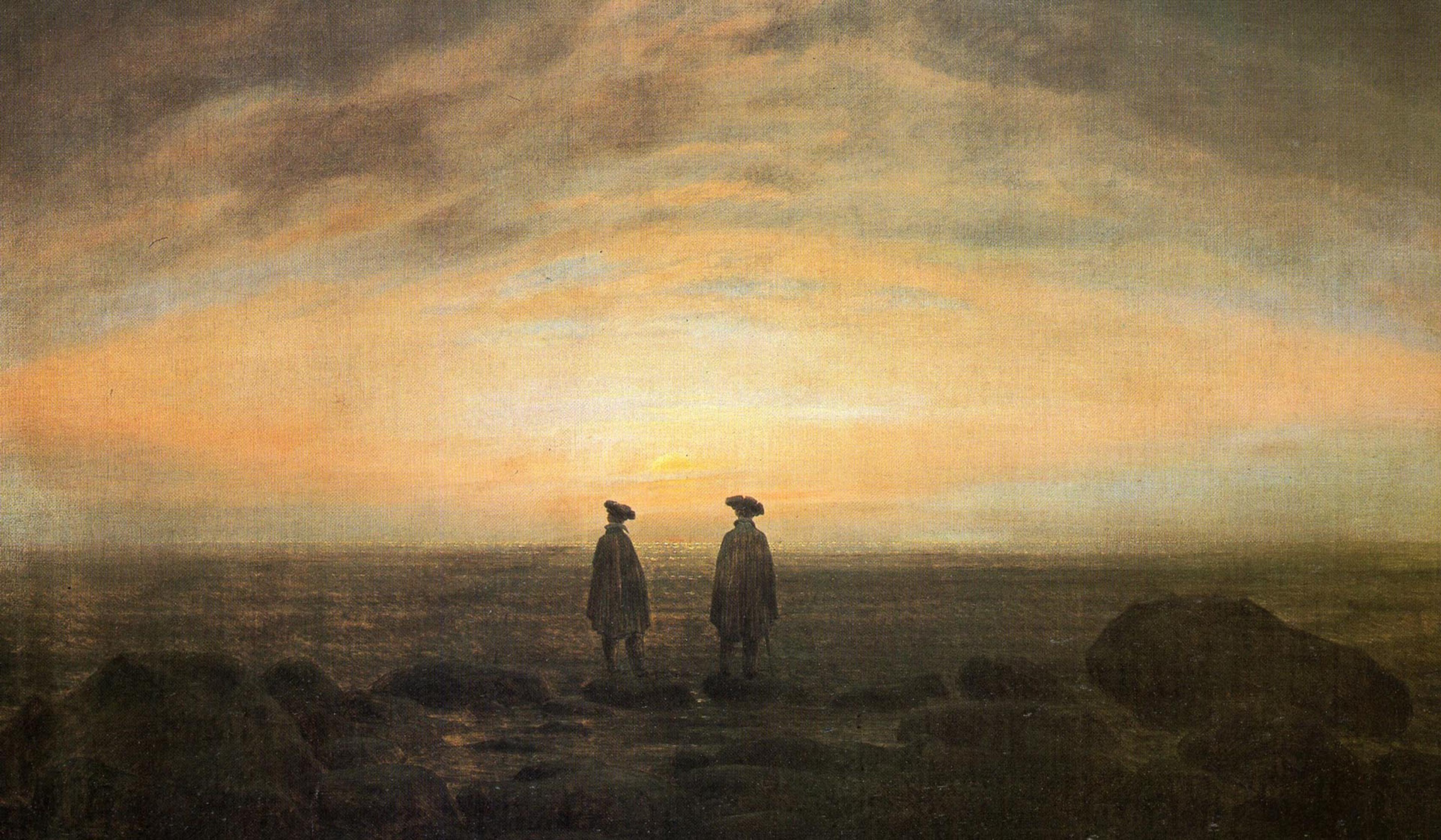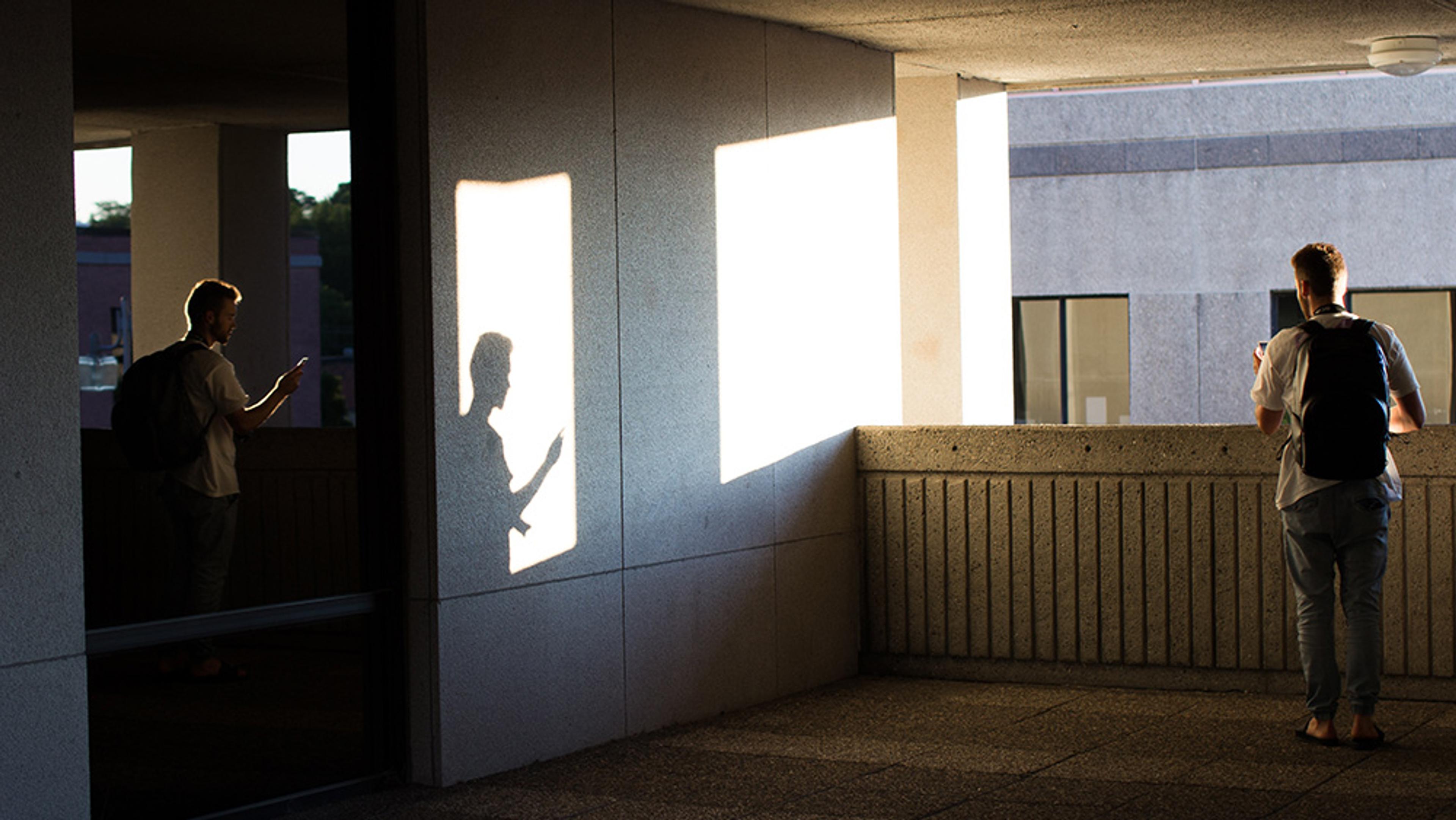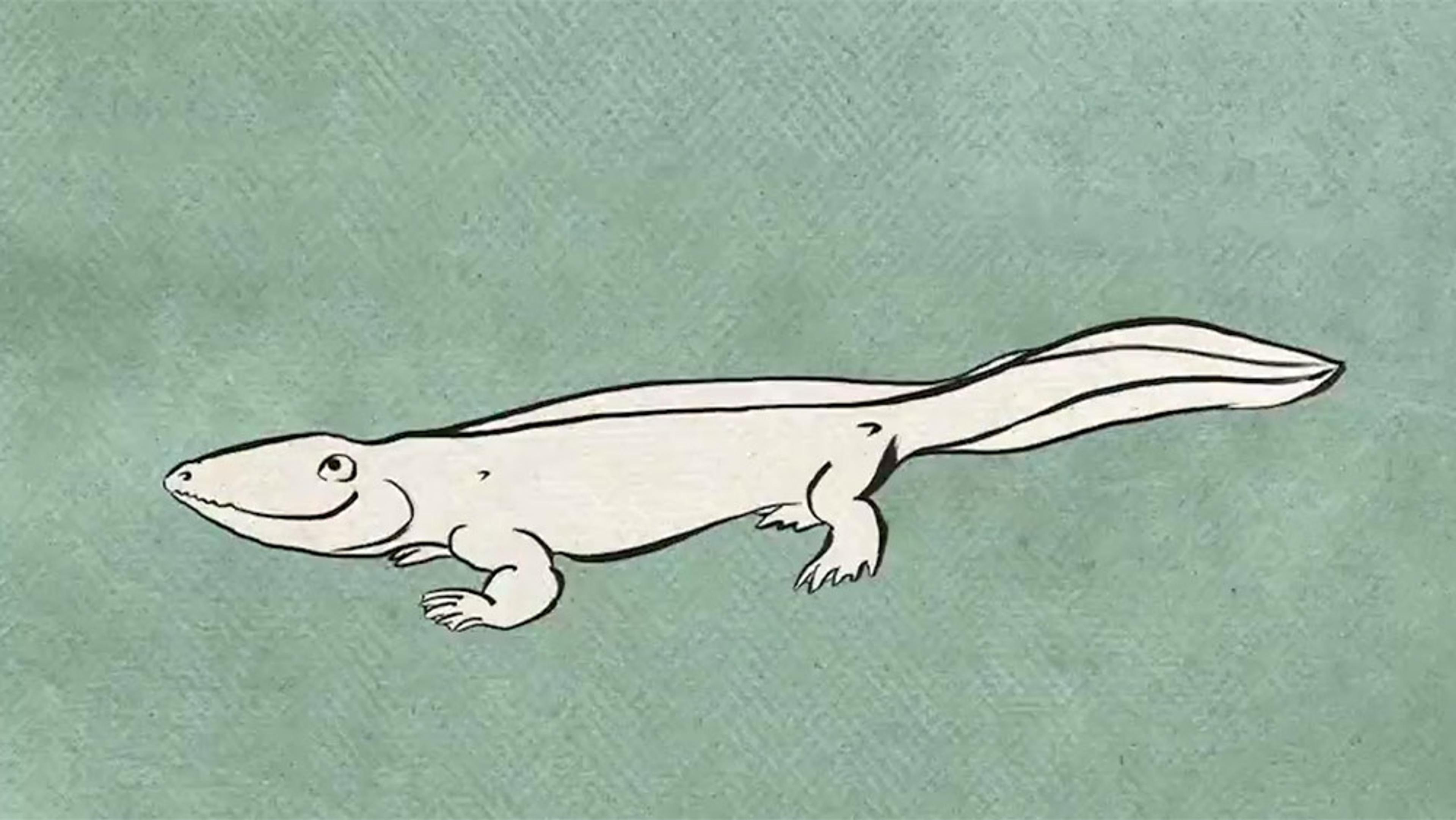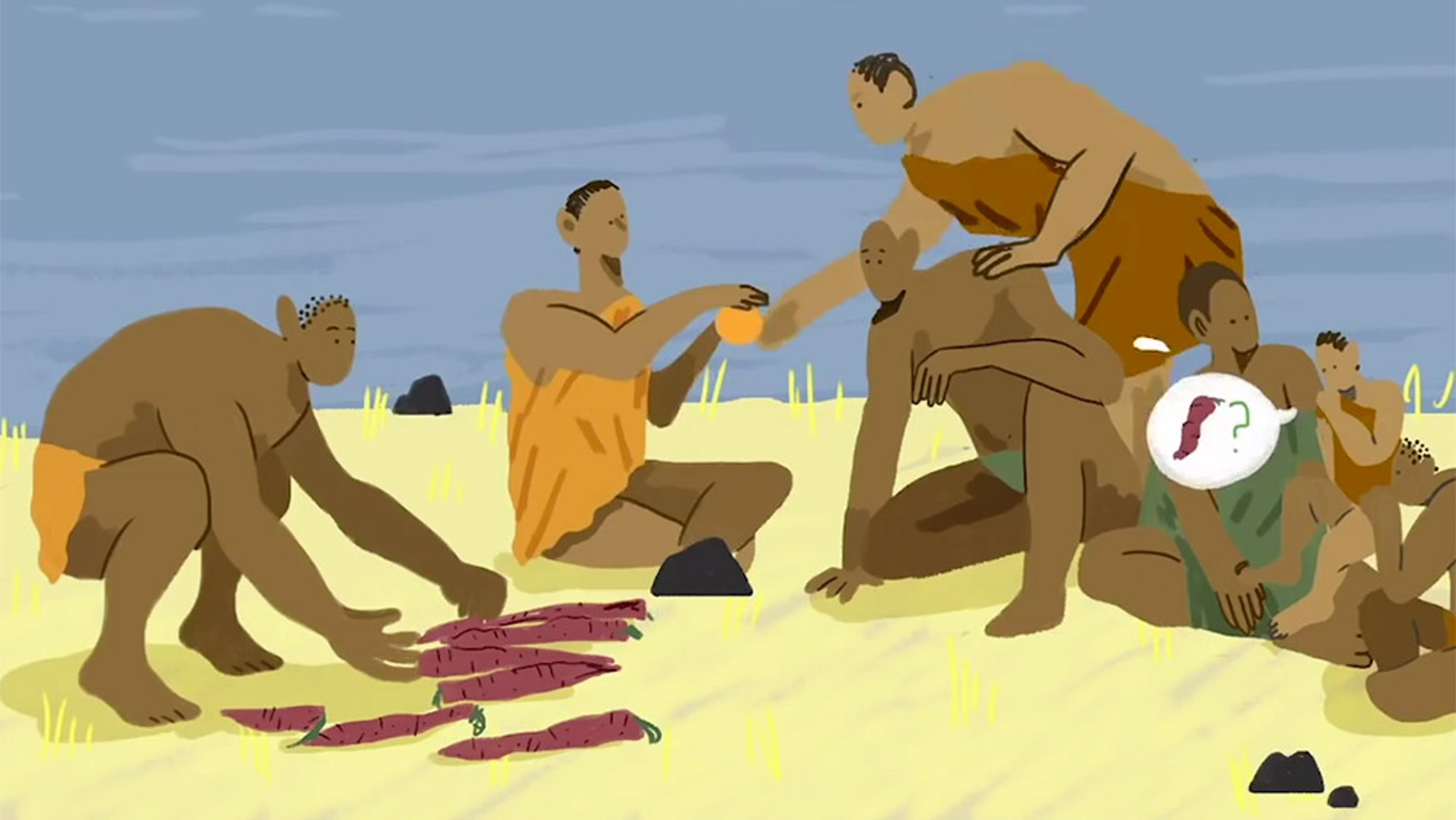As you almost certainly learned early on in your scientific education, species survive and perpetuate in large part due to their fitness for their environment. However, there’s more to evolution than just natural selection. Robin May is professor of infectious disease at the University of Birmingham and professor of physic at Gresham College in London, and in this lecture at Gresham College from November 2023, he explains why small random events compounded over time (as in the case of genetic drift) or anomalous events that occur in an instant (as in the massive meteor strike that killed off the dinosaurs) should also very much inform how we understand evolution. Using a combination of easy-to-digest explainers and fascinating examples from Earth’s evolutionary history, May lays out the multitude of ways we should – and should not – understand the role random chance plays in the evolutionary process.
The dodo, a flightless bird that has been extinct since the late-17th century. From Extinct Birds (1907) by Walter Rothschild, illustration by Frederick William Frohawk. Courtesy Wiki Commons
How – and how not – to think about the role randomness plays in evolution
Video by Gresham College

videoSocial psychology
Don’t misread Darwin: for humans, ‘survival of the fittest’ means being sympathetic
5 minutes

videoHistory of ideas
The self is not always selfish: Mary Midgley takes on Richard Dawkins
28 minutes

videoConsciousness and altered states
It’s impossible to see the world as it is, argues a cognitive neuroscientist
40 minutes

videoGenetics
Chimeras and lightning: a radical perspective on the evolution of complex life
6 minutes

videoBioethics
The mini robots that may show how to ‘programme’ cells for improved performance
4 minutes

videoBiology
Beetles take flight at 6,000 frames per second in this perspective-shifting short
9 minutes


